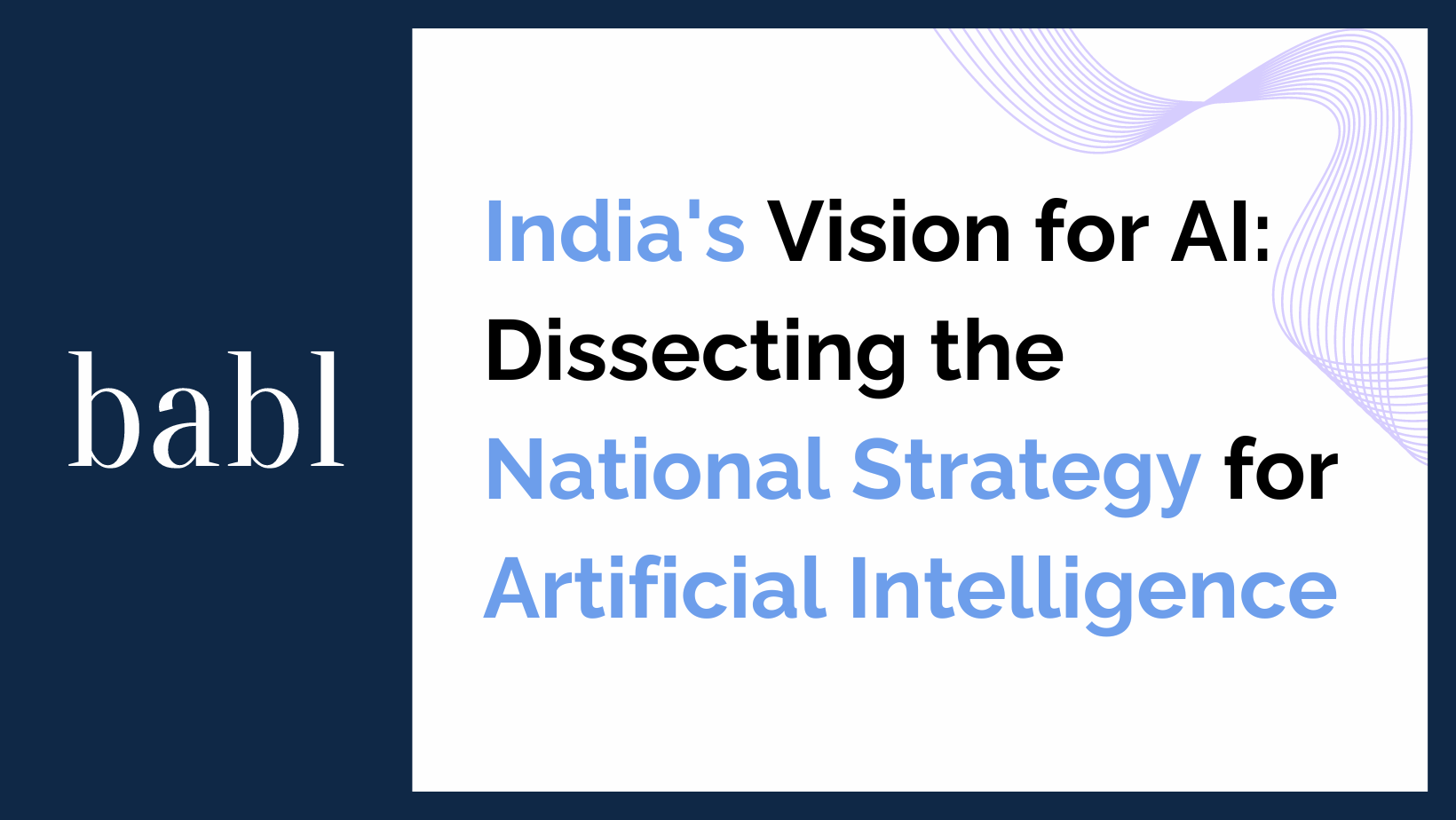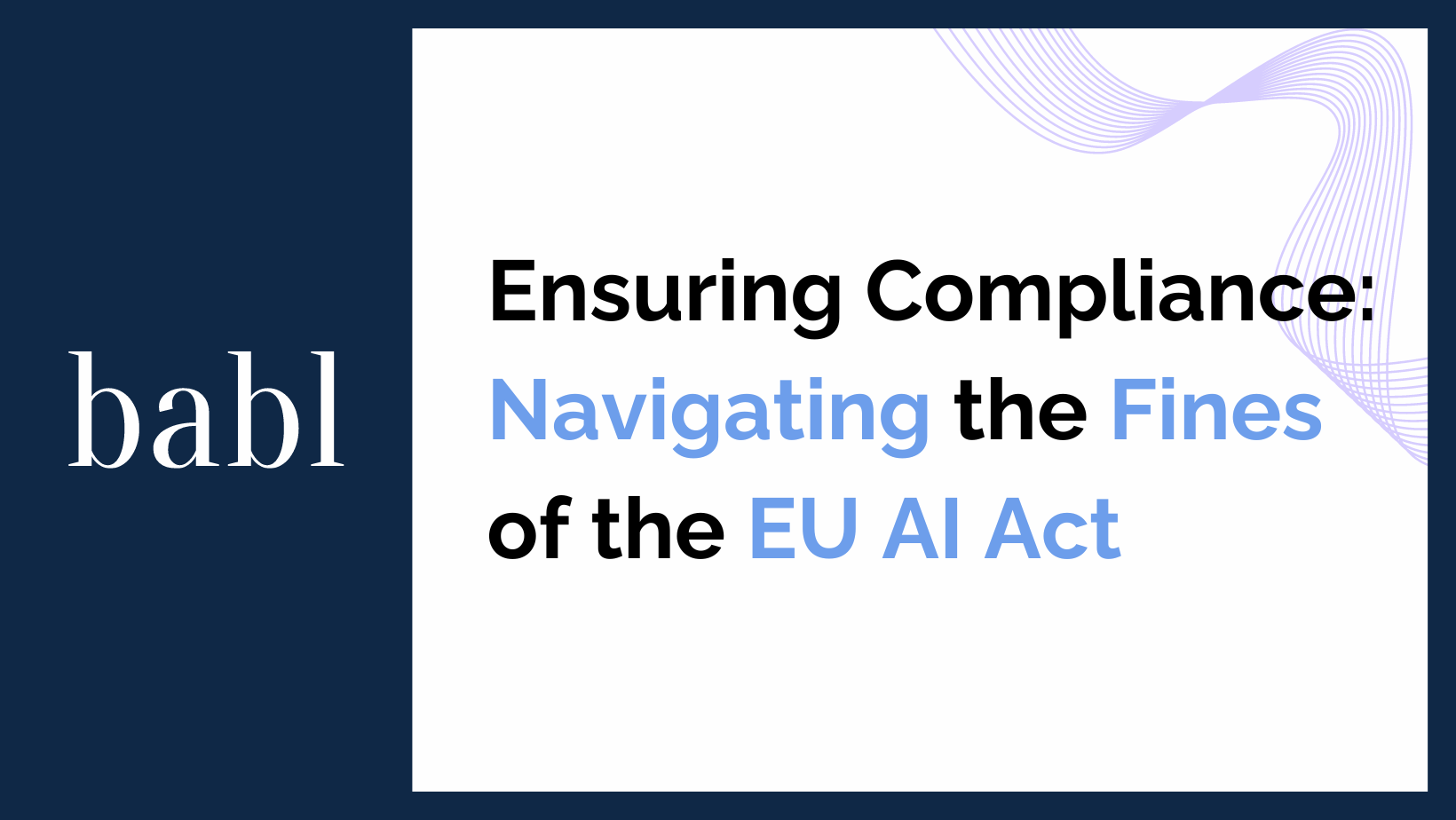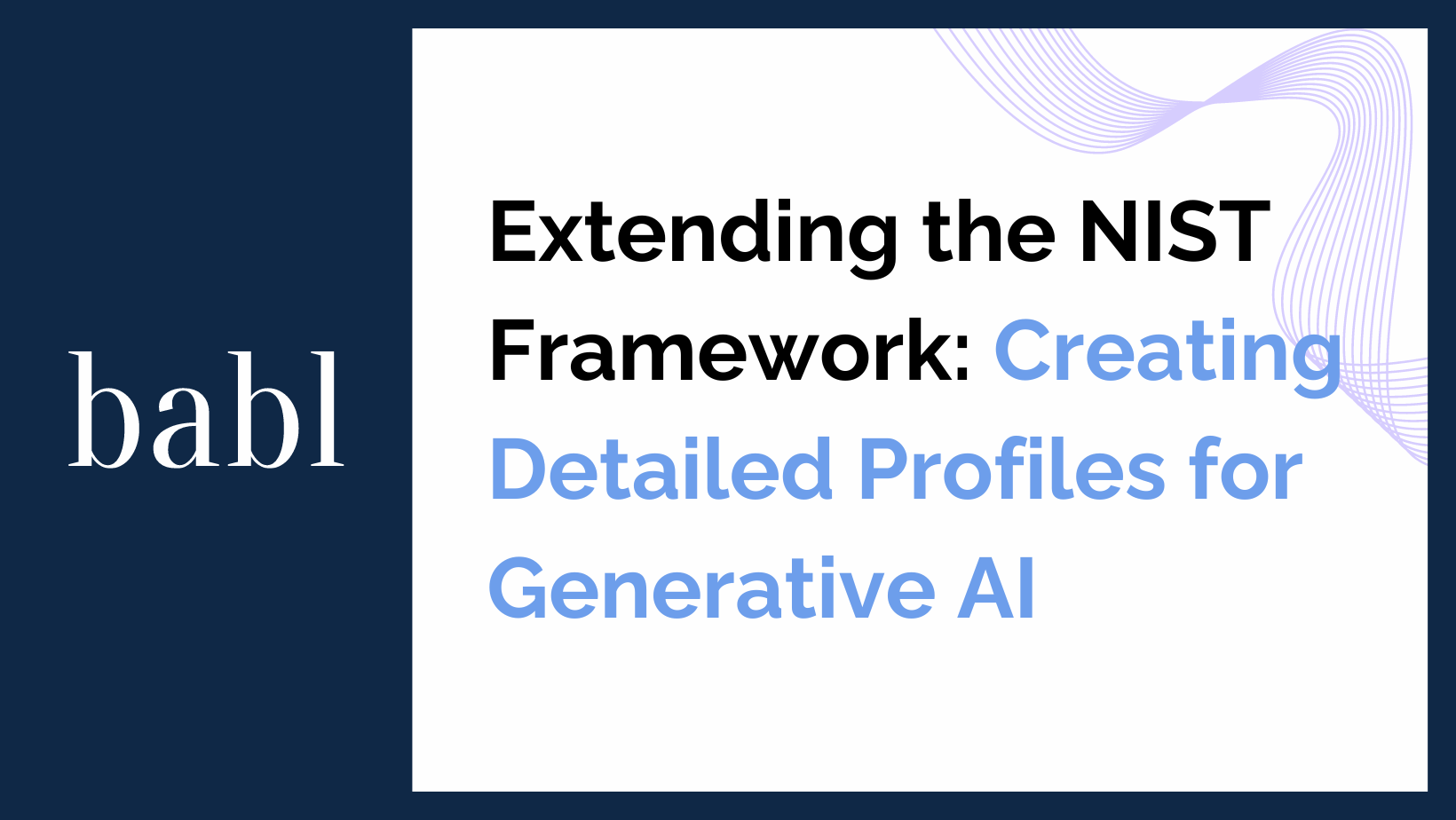What is an EU AI Act Conformity Assessment?
Negotiations on the European Union’s Harmonised Rules on Artificial Intelligence, known as the EU AI Act, are anticipated to continue later this year. In the interim, various stakeholders are scrutinizing the legislation to anticipate potential implications once the bill receives approval from the European Parliament. While many are assessing their positions within the EU AI Act’s risk level framework, others are contemplating their status under the Conformity Assessment segment of the bill.
The EU AI Conformity Assessment pertains to the mandatory testing and certification process outlined in the EU AI Act, ensuring that AI systems adhere to regulations before entering the market. Although the assessment predominantly targets high-risk AI systems, there are also conformity assessment requirements for limited-risk AI systems. Minimal-risk AI systems, while exempt from these assessments, remain subject to distinct regulations and transparency obligations. Essentially, the level of conformity assessments aligns with the risk level presented by an AI system, maintaining the principle of proportionality under the EU AI Act.
Conformity assessments can be conducted either by the AI system provider or by third-party conformity assessment entities. However, specific high-risk AI necessitates a third-party conformity assessment. Providers performing their own assessments must adhere to rigorous processes outlined in the EU AI Act. Nevertheless, independent third-party assessments offer an additional layer of oversight for AI systems. Comprehensive documentation and records of testing processes, as well as results, must be maintained and provided to authorities validating the assessments. Additionally, post-marketing monitoring mechanisms will be established to assess ongoing compliance with AI system regulations.
Conformity assessments play a pivotal role in determining whether an AI system meets the stipulated requirements under the EU AI Act. The evaluation covers various aspects, including risk management, datasets, documentation, transparency, human oversight, accuracy, cybersecurity, and more. Testing aims to assess whether the AI system’s actual performance aligns with its intended purpose, ultimately minimizing risks by verifying reliability and accuracy.
Upon the conclusion of a conformity assessment, the AI provider must generate a legal declaration document affirming that their AI systems have fulfilled all requirements under the EU AI Act. This ensures that when the AI system enters the market, it carries a CE marking, signifying that it has been assessed by the provider and deemed compliant with EU standards. Providers are also obligated to maintain comprehensive technical documentation, encompassing details about the AI system’s design, development process, risk management, evaluation results, metrics, and other relevant technical aspects. This documentation must be made available to supervisory authorities upon request, contributing to transparency efforts.
In essence, conformity assessments aim to instill user trust in AI systems on the market, assuring consumers that these systems have met rigorous safety standards and passed reliability tests before deployment. Conformity plays a pivotal role in the EU AI Act, as the public needs assurance that AI systems are trustworthy and compliant. Supervisory authorities will oversee the entire conformity process through AI audits, document checks, post-marketing monitoring, and more.
If you have questions or need help preparing for a EU AI Act Conformity Assessment, reach out to BABL AI. One of their Audit Experts can provide valuable assistance.





